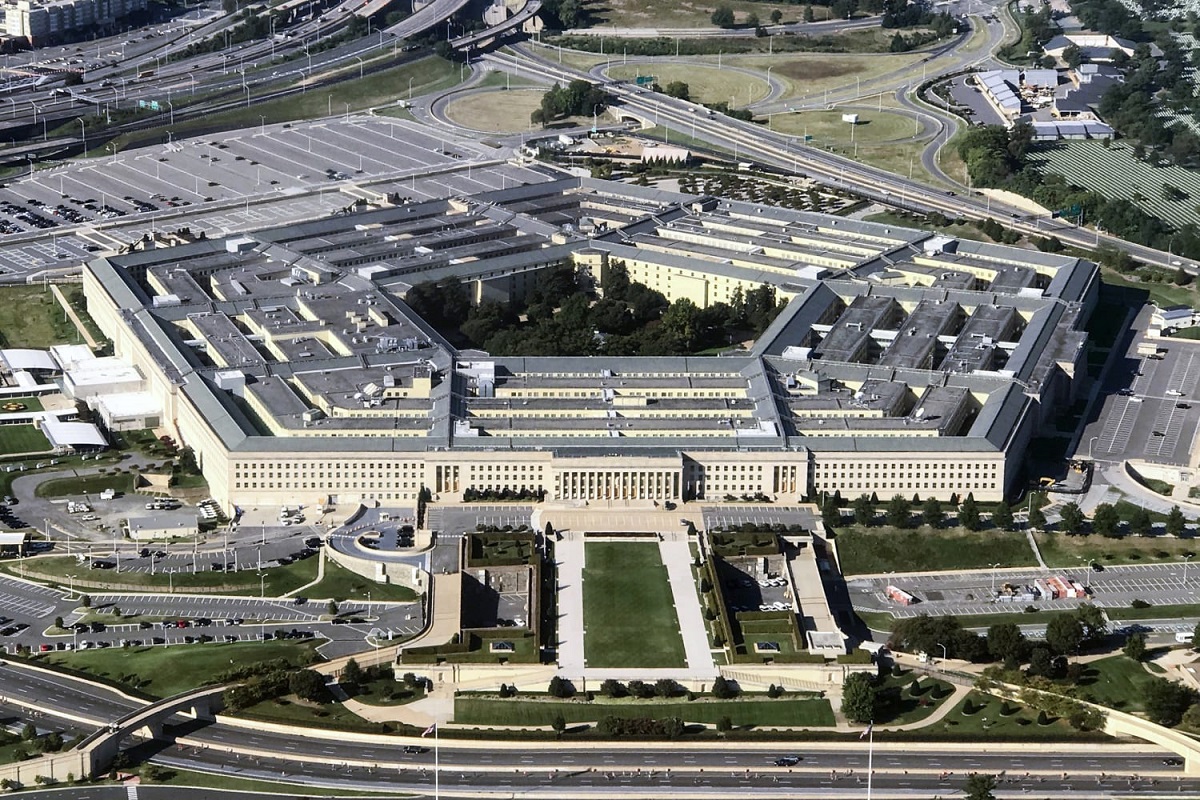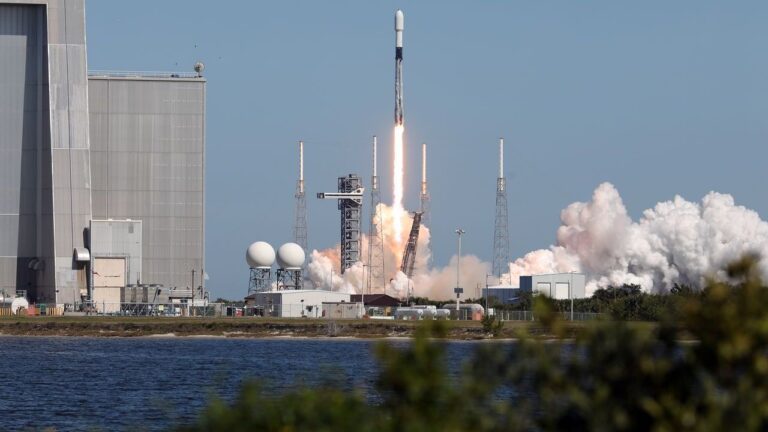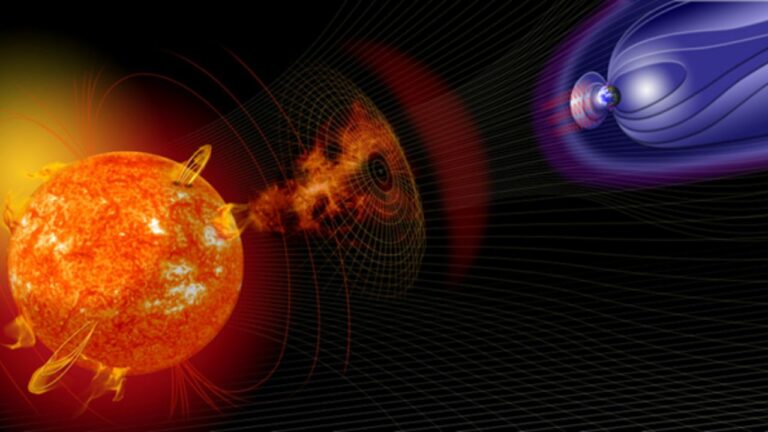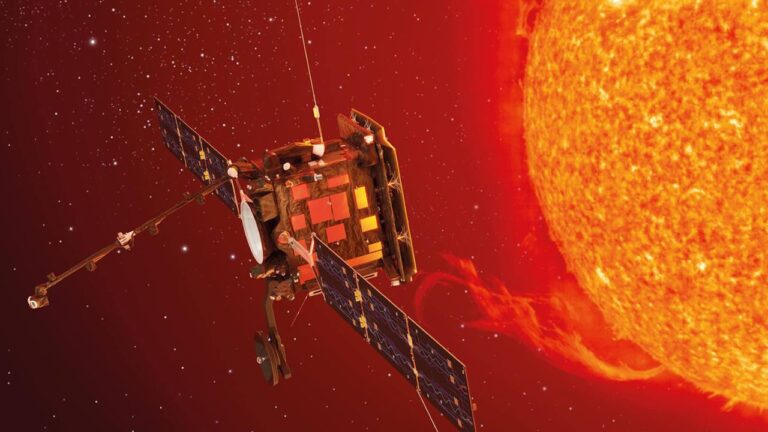
U.S. intelligence reports alleging Russia’s development of a space-based nuclear weapon sparked intense scrutiny during a congressional hearing on May 1. Assistant Secretary of Defense for Space Policy John Plumb faced probing questions from lawmakers regarding the capabilities and potential repercussions of this purported weapon.
Concerns Raised by Rep. Mike Turner
Representative Mike Turner (R-Ohio), chair of the House Permanent Select Committee on Intelligence, led the charge in seeking clarity on Russia’s activities in space. Turner’s persistent inquiries compelled the Biden administration to disclose details about the alleged space-based nuclear weapon after he initially sounded the alarm in February.
Administration’s Response and Compliance with Outer Space Treaty
While acknowledging the gravity of the situation, the White House emphasized that the reported capability is still in development and not yet deployable. They underscored the violation of the 1967 Outer Space Treaty, which strictly prohibits the placement of nuclear weapons in Earth’s orbit.
During the hearing, Turner pressed Plumb for specifics regarding the type and deployment location of Russia’s alleged weapon. Plumb refrained from divulging launch readiness details, suggesting that such sensitive information should be addressed in a classified setting.
Potential Threat to Global Satellite Infrastructure
Plumb emphasized the potential catastrophic impact of a nuclear, anti-satellite weapon on the myriad satellites crucial for global communications, scientific research, weather forecasting, agriculture, commerce, and national security. He warned that such a detonation could render low Earth orbit unusable for an extended period, potentially up to a year.
Despite Russian President Vladimir Putin’s denial of plans to deploy nuclear weapons in space, Plumb highlighted Russia’s recent veto of a United Nations Security Council resolution reaffirming the ban on space-based nuclear weapons. This action, according to Plumb, suggests a contradictory stance by Russia and raises significant concerns.
Plumb stressed the necessity of conducting extensive modeling and simulations to understand the weapon’s potential impact and develop effective countermeasures. Drawing parallels with historical events, he referenced the aftermath of the 1962 Starfish Prime nuclear test, which significantly disrupted near-Earth space.
Congressional Vigilance and International Response
Plumb reiterated the seriousness with which both the Department of Defense and the Biden administration view this issue. He emphasized the importance of congressional oversight and international cooperation in addressing the evolving threat landscape in space.
The congressional hearing underscored the urgent need for comprehensive analysis and proactive measures to safeguard space assets and mitigate the risks posed by emerging space technologies.






